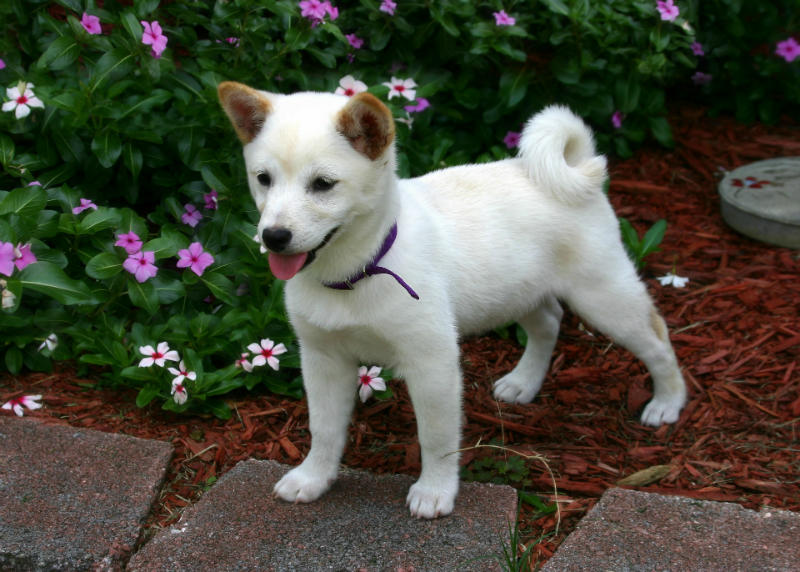CAN DOGS EAT CASHEWS?
Cashew is a very popular dry fruit which is widely consumed by millions of people. It is available in many different forms like raw, salted, roasted et cetera in the market and is being used to prepare numerous recipes and products like butter, cookies and many more. It contains a whole range of different nutritional components which can be very favorable or detrimental to some degree, depending on the quantity of cashews which is being ingested by a particular consumer.
Nutritional Elements in Cashews
|
Calories
|
*********
|
|
Proteins
|
***
|
|
Fat
|
******
|
|
Dietary Fibers
|
**
|
|
Vitamin K
|
****
|
|
Vitamin B6
|
***
|
|
Copper
|
********
|
|
Manganese
|
******
|
|
Magnesium, Phosphorus, Zinc, Selenium, Iron
|
*****
|
Now as cashews contain a fair amount of fats and calories along with numerous minerals and vitamins in them, it is interesting to wonder how all these elements would affect our pets, and in particular our dogs? As we know, a human body digests fat differently than a canine, so one should be aware of the effects of a large amount of fats on his/her dog? Also, one should be well-informed about the effects of different nutrients (vitamins and minerals) on a canine’s body? The section below will surely answer some of these queries in detail.
Benefits of feeding Cashews to your dogs
- The Vitamin K present in the Cashews helps in the development and strengthening of bones and teeth in a canine’s body. This Vitamin assists calcium in a significant manner which we all know is extremely important for a strong and sturdy bone structure.
- Cashews are known to promote thick and healthy coat and skin in the canines.
- A large amount of copper contained in the cashews help the dogs in the absorption of iron, creation of RBC’s et cetera.
- The various antioxidants in the cashews help the pooches who are aging in the fight against various diseases like hip dysplasia, arthritis and many more.
- The Vitamin K and several other antioxidants can also aid the canines in combating against several dangerous health problems like cancers and heart issues.
Risks of feeding Cashews to your dogs
- It is very important not to feed a dog salted and raw cashews as they contain high levels of sodium and toxins, respectively which can be harmful to it in some way or another. These toxic elements can cause depression, lethargy, seizures and many other health issues in the canines.
- As we saw, Cashews contain a pretty high amount fat and feeding these nuts regularly to a canine can lead to unwanted weight gain and obesity. Excessive quantity of these nuts also has the potential to cause Pancreatitis in the canines.
- Some dogs can be allergic to certain types of nuts and if a canine is allergic to cashews, then this dry fruit should be kept far away from the dog. Feeding such nuts to an allergic pooch can cause excessive coughing, ear infections, skin infections and rashes et cetera.
- Feeding cashews to a dog on a regular basis may also cause bladder stones as cashews contain a high number of oxalates that are harmful to the canine bladder.
- Before feeding, Cashews should be thoroughly checked for any signs of mold because if mold infested cashews are fed to a dog then it has the potential to cause liver failures in the pooches.
- And lastly, feeding too many cashews at a time to a dog can cause various gastrointestinal problems like:
- Diarrhea
- Constipation
- Vomiting
- Stomach pain
FINAL VERDICT:
Cashews (only roasted or cooked) are perfectly fine for a dog when they are fed in a very limited and controlled manner. They provide various significant nutritional elements to the canines which brings a lot of goodness to their health and well-being. But, the key here is moderation and if these nuts are fed in large amounts to a canine, then it can be extremely damaging for the said canine’s body. And, no dog parent wants to harm their little one in any way possible, so, it is for the best if these nuts are given to the pooches only on rare occasions and that too in very limited numbers.
